This month is Autism Awareness Month, and I hope you are seeing articles, videos and other initiatives all over your social media. In The Feminist Shop, we wanted to do our part, and learn more about its link with feminism, but because this is something that needs to be spoken by the people that are living it we are using the blog to interview the 2 people I have most learnt from regarding autism.
They are both amazing caring people, outspoken advocates, autist themselves but also parents of autistic kids and in general inspiring people to learn from. And I am extremely thankful that they got some time aside to teach us all a bit more.
- Can you let us know briefly about yourself?
ELENA: Hi there! My name is Elena, I’m 25 y years old, born and currently living in Spain with my little family. I’m a mother of three children with a passion for creativity. Photography, painting and drawing are hobby’s I like to spend my (little) free time in.

JONNY: I’m Jonny, I’m autistic and I have ADHD I live on the North Coast of Northern Ireland. My wife Jennifer and I have 6 wonderful kids, 4 of whom have an autism diagnosis and 1 is currently going through the process.

- What does autism mean for you and how does it impact who you are?
ELENA: I see autism as part of my identity. Even though mine was a late diagnosis it gave me answers to many experiences I went through in life, freeing me in so many ways.
I know for many families when their child gets diagnosed it comes as a shock, but three years ago when my firstborn was diagnosed and we heard for the first time "autism spectrum disorder" I felt like a heavyweight from the inside of my heart was lifted as I could finally make sense of so many things and support him much better than before.
I know we are not the only ones feeling this way in the community and that gives me hope.
---
JONNY: Being autistic is lonely, as a child I literally had no friends and even now as an adult when I do have friends there’s always a certain amount of disconnect with those around you, I struggle with body language and communication and so my head is always at a different place to the rest of me so to think. And random little moments where I did something outside of the social norms will play on my mind long after the incident has been forgotten. I still beat myself up over the fact that I accidentally called my sister in law fat 14 years ago when in reality she was very much the opposite
- If you could only choose one thing, what would you like people to know about autism?
ELENA: I would want everyone to understand that autism is a spectrum. The stereotypes around the word autism only cover a small percentage of autistic people. Even though there are many shared traits and difficulties, autism is and feels different for everyone on the spectrum.
To me, autism is a form of neurodiversity, if our bodies are different why can’t our brains be different too?
---
JONNY: If you’ve met one person with autism then you’ve met one person with autism...
A lot of people seem to think they because they met their cousin's sisters boyfriends autistic nephew that one time that they are suddenly an expert on the subject, but in reality, it doesn’t work that way.
Autism is a very complex condition with a whole range of symptoms and traits and not everyone has all of them, we are not all the same, we are not all Rain Man
- Being neurotypical in this world is certainly a privilege. I have learnt lots from you both and the things you share. What advice would you give to somebody that wants to be a good ally?
ELENA: The experiences of autistics should be the ones guiding us, not the observations of others from the outside. When in doubt about autism always side with and listen to the autistic person.
If we talk about feminism we should listen to women. If we talk about racism we should listen to racialized people. It shouldn’t be any different if we talk about autism.
---
JONNY: All you have to do is listen to us.
There are certain Autism charities that want to take away our voice. Namely, autism speaks which promises a threatening, ominous autism that “knows where you live” and “works faster than pediatric AIDS, cancer, and diabetes combined.” Oh, and guaranteeing also that having autistic children will make your marriage fail...
All of that is complete garbage, We are different but we are not broken, all we really want is a little understanding and a willingness for people to make little adjustments so that it’s easier for us to enter your world.
There are plenty of autistic people like myself who want to tell you, to show you what it’s like being autistic and there are plenty of organisations that help autistic people self-advocate rather than speaking over them
- There is a link between feminism and autism, not only because of the whole privilege thing but also because of the disparity in how it affects women and the extra difficulty they have got a diagnosis. What are your 2 cents on this?
ELENA: Women/girls have way more difficulty getting a diagnosis. Their traits present differently most times, but even the common traits are not recognized if you are a girl.
For example, being shy and not making eye contact or lining up dolls / stuffed animals. These are things not recognized as autistic traits in girls, but they stand out immediately in boys.
Women and girls, because of the way we are raised, learn from a very early age how to mask our challenges to “fit in”.
We mask our way through childhood and we keep doing it until we can’t hold it anymore. That leads to academical or mental health problems: anxiety, depression or eating disorders are examples of what masking does to women/girls.
That’s why many of us will only get to diagnosed during our teenage years, but it can be even later. I know women that have only been diagnosed in their forties...
Can you imagine going through life thinking constantly that something is wrong with you? Is not until someone tells you “hey, nothing is wrong, you are just autistic” that you can put things in perspective. It is then when the weight is lifted.
But even knowing all of this, there will be many women never diagnosed and a lot misdiagnosed.
---
JONNY: Using the figures here in the U.K. there is five times the number of males diagnosed with autism than females. This is down to a lack of females getting a diagnosis rather than a lack of females actually being autistic.
In general, society puts a lot more pressure on girls than boys, in my opinion, and as a result, girls often learn to mask their stims and behaviours from a younger age and better than their boy peers and this leads to many girls simply being missed. Even those who are lucky enough to get their diagnosis often get it at a much older age than boys (most boys are diagnosed in primary school whereas a lot of girls are being diagnosed in their teens or even later)
When autism was first diagnosed in the 40s it was believed that it was only a male condition but the reality is that girls typically present in a different way, autistic boys tend to show more outward symptoms like hyperactivity, impulsiveness or ticks and repetitive behaviours and girls are more likely to have a manifestation of internal symptoms like anxiety, depression and eating disorders
A lot of the issue comes down to the major flaw that exists in the diagnostics....
With both Autism and ADHD the tests look not at how the condition “burdens” the person but rather how the person “burdens” those around them. And so while girls suffer more and present less they slip under the radar effectively hidden from sight
- You are both parents of autistic kids. which is another challenge in this world, both for autistic and not autistic parents. I am always impressed about how incredibly well you both deal with it, putting them first. Are there any tips you want to share about it?
ELENA: The first thing I learned, once I became a mother, was that all the things I read to prepare myself for this new adventure, all those previous experiences with other babies and kids that I took care in the past weren't going to help.
I have three children, all very close in age, and they are all different, their needs are different.
Of course, they all have similar physical caring needs: they need to be feed and cleaned and they all need to be treated with respect, but their emotional needs, their individual needs, are completely different. And it’s my job as a parent to adjust to those needs if I want to give them the best start in life.
My tip would be to just accept your child’s needs as an individual, they won’t be the same as your other children or the child you thought you would have, but that doesn’t mean that they need more or less, it’s just different.

JONNY: There are a lot of parents who are afraid of a diagnosis, they see it as a label or they feel a need to grieve their child because they feel that something has been lost. But this is entirely the wrong way to go about it
A diagnosis opens up a new way of living, a way where you can enable your child to fulfil their potential.
There are a lot of parents who place the focus on themselves and, yes, having an autistic child can be hard sometimes but the struggle you might feel is nothing compared to what they feel.
There are support groups online and on Facebook for parents, and these are great, but you must always be mindful of how you speak around your child, a lot of parents will talk badly about their kids in their presence thinking that the child won’t understand but in reality, most of them do and all this does is make a lonely existence even lonelier.
Another issue is “cure”... Autism is not a disease and it doesn’t have a cure but there are plenty of people out there willing to take advantage of desperate parents with things like essential oils, fad diets or MMS... at a best-case these will do absolutely nothing and at a worse case MMS can kill.

- Last thing! Are they any books, tv, films, websites, social media... would you recommend to people interested in the topic?
ELENA: Well, I definitely prefer to recommend some good reads since tv and films are still very strong on stigma, here are a few I love:
-If you are a woman and think you might be in the spectrum you would like to read “Autism in heels” by Jennifer Cook O’Toole.
-If you are a parent of a non-verbal autistic child you should read “Leaders around me: autobiographies of autistics who type, point & spell to communicate” by Edlyn Vallejo Peña.
-And if you are looking to learn more about autism, being a mother to an autistic child, there is a group of Facebook I love called “embracing autism”, I also enjoy reading the blog “autisticmama.com”, following the Instagram accounts “@hvppyhands” and “@autistic.barbie”.
JONNY: TV and Film are a bit of an issue to be honest, A lot of the time they rely heavily on stereotypes and don’t offer a good representation of what it’s like to be autistic.
As for website or social media, If in really honest I have yet to find a Facebook group or website that I can say is 100% ok and that I would recommend to someone, maybe its time I started my own 
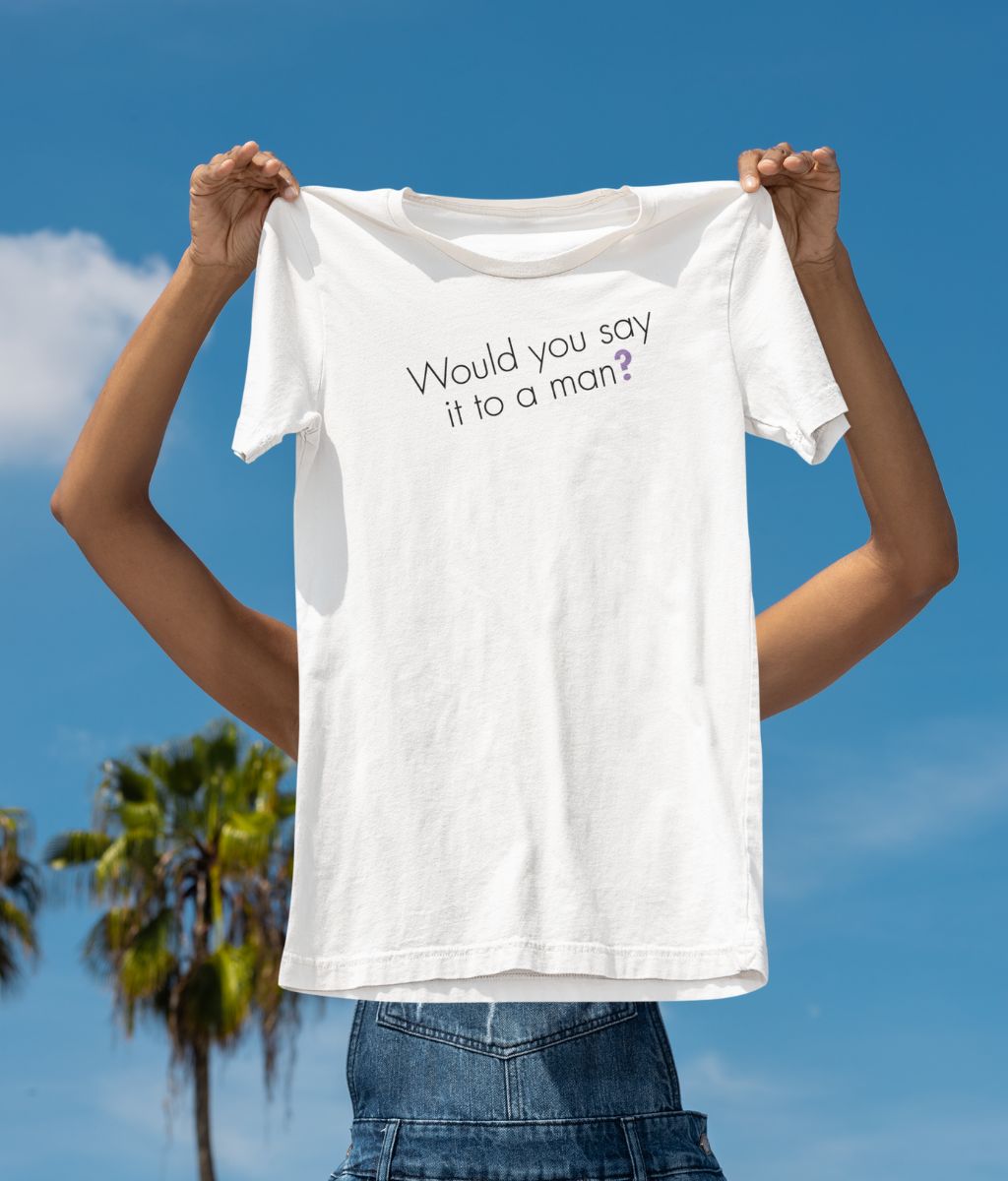
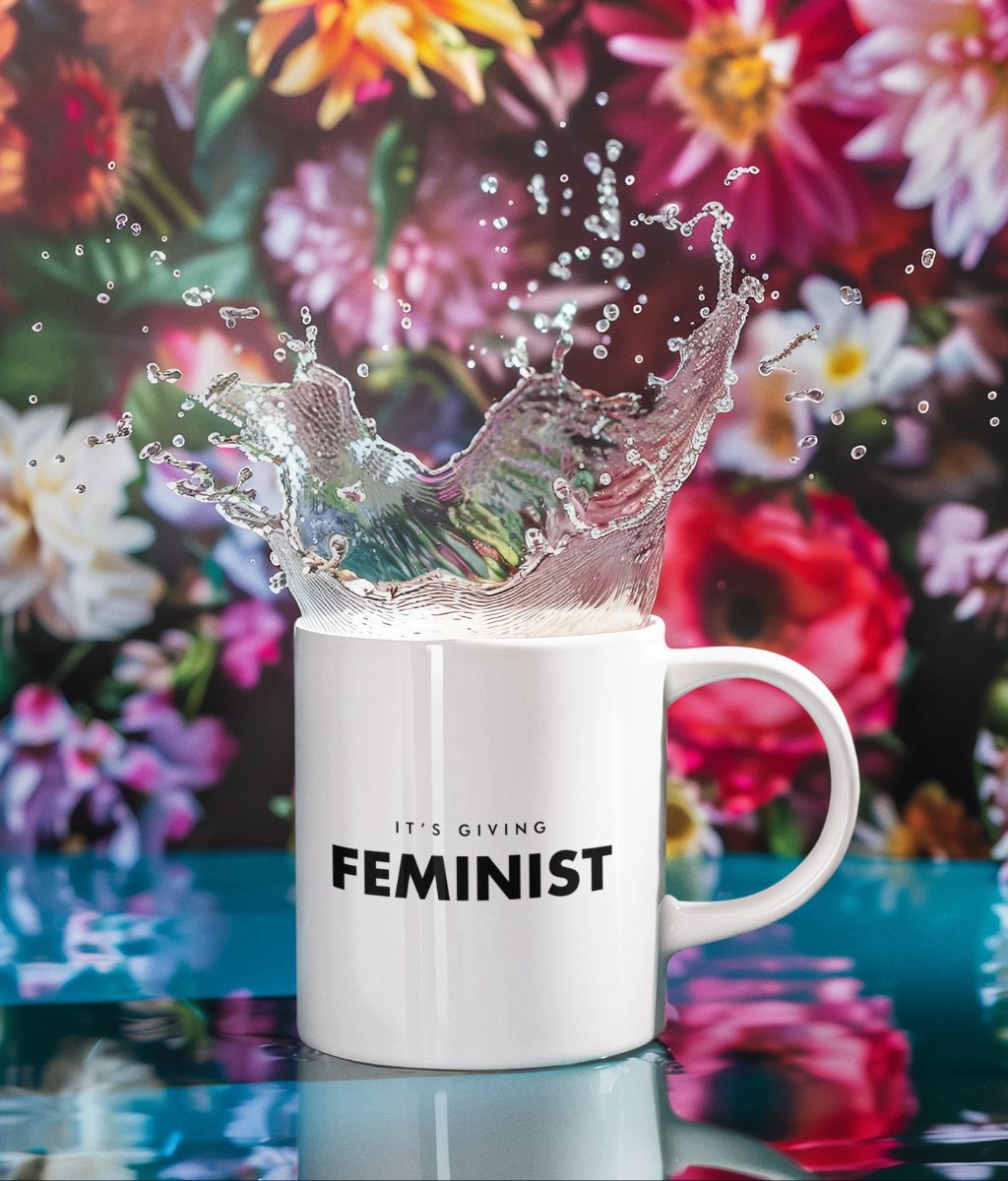

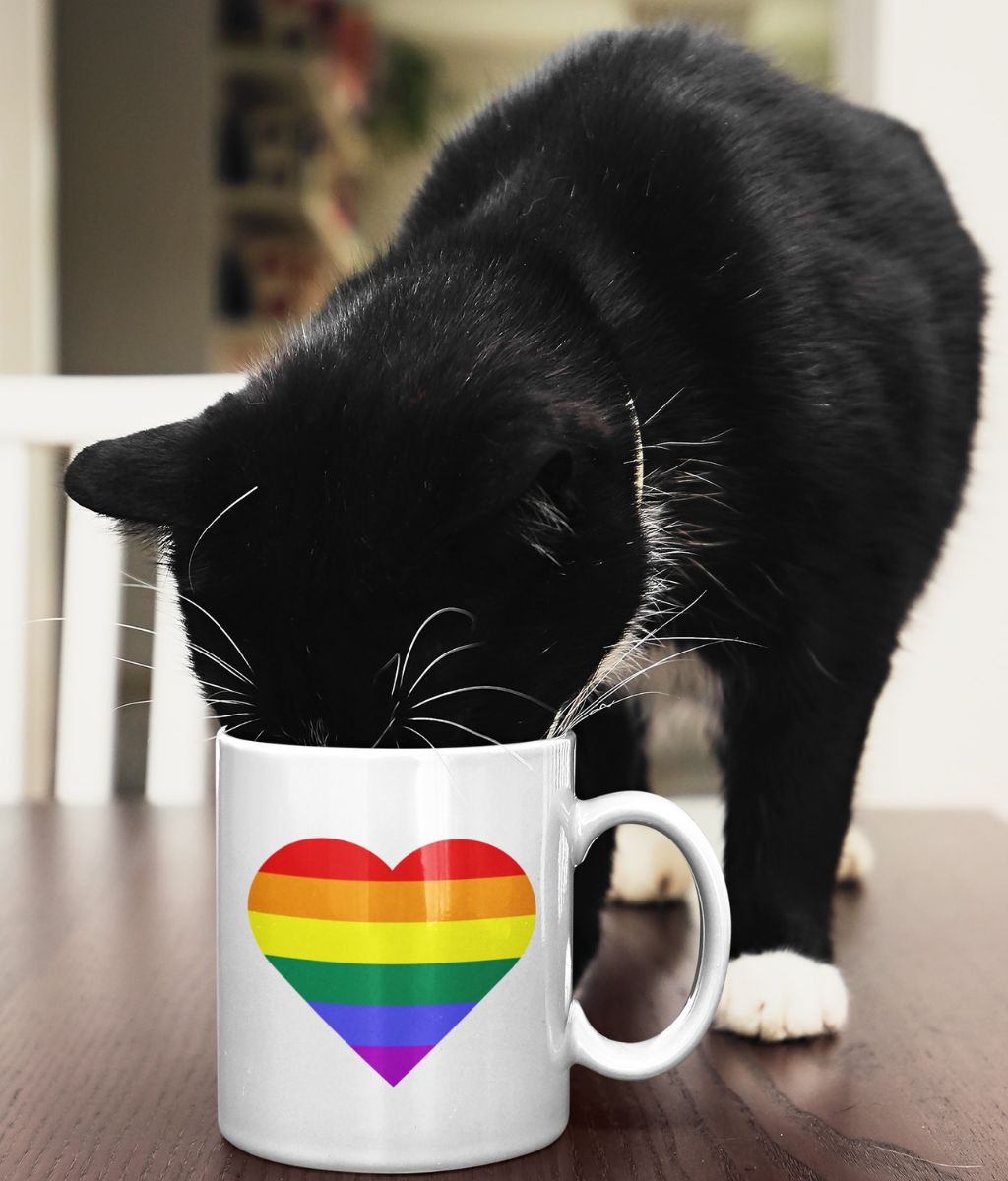
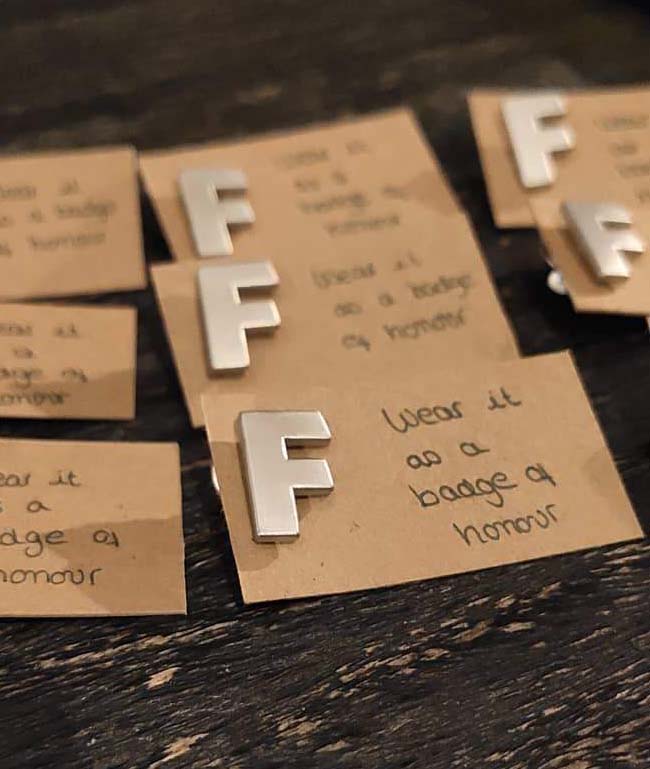
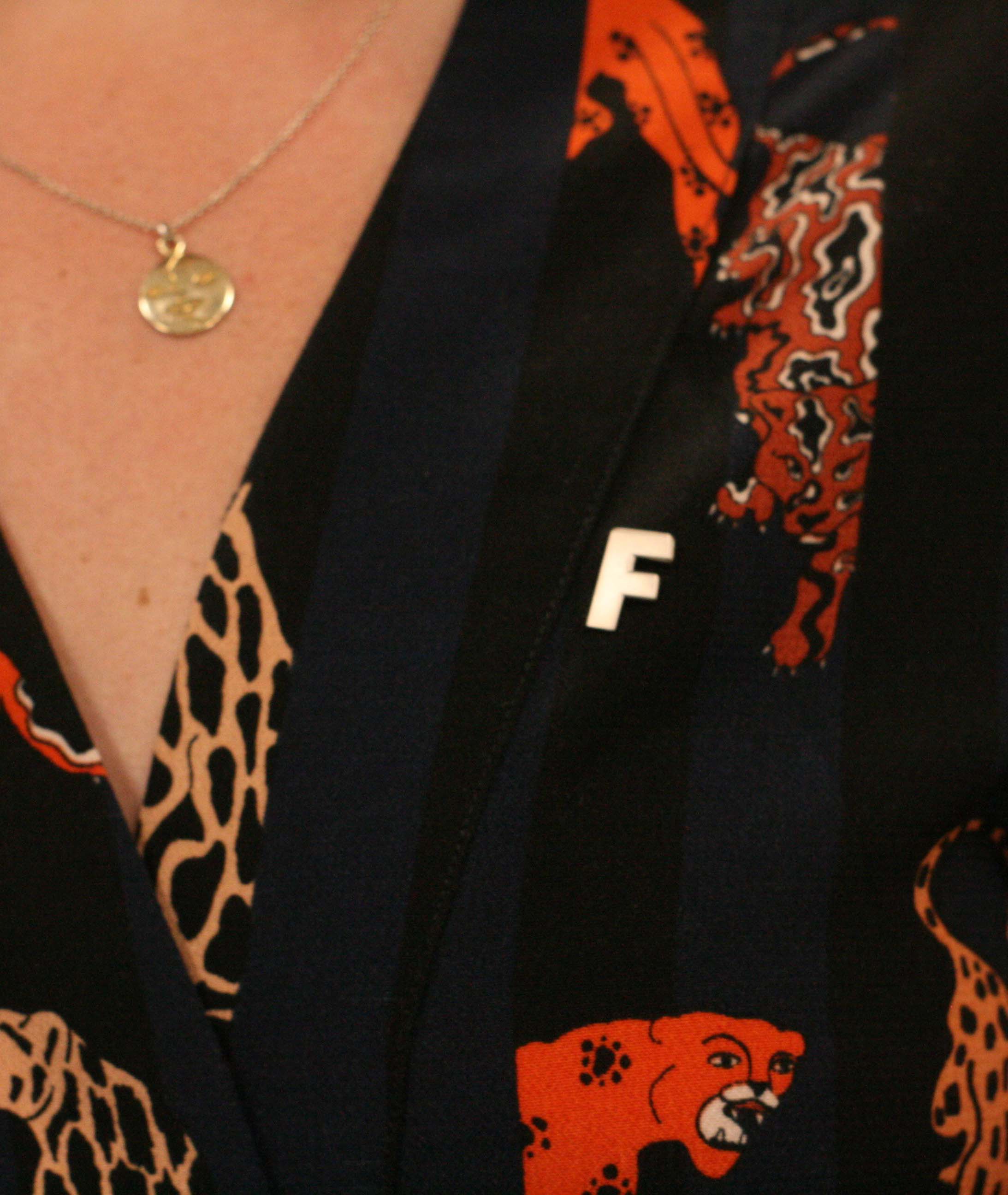
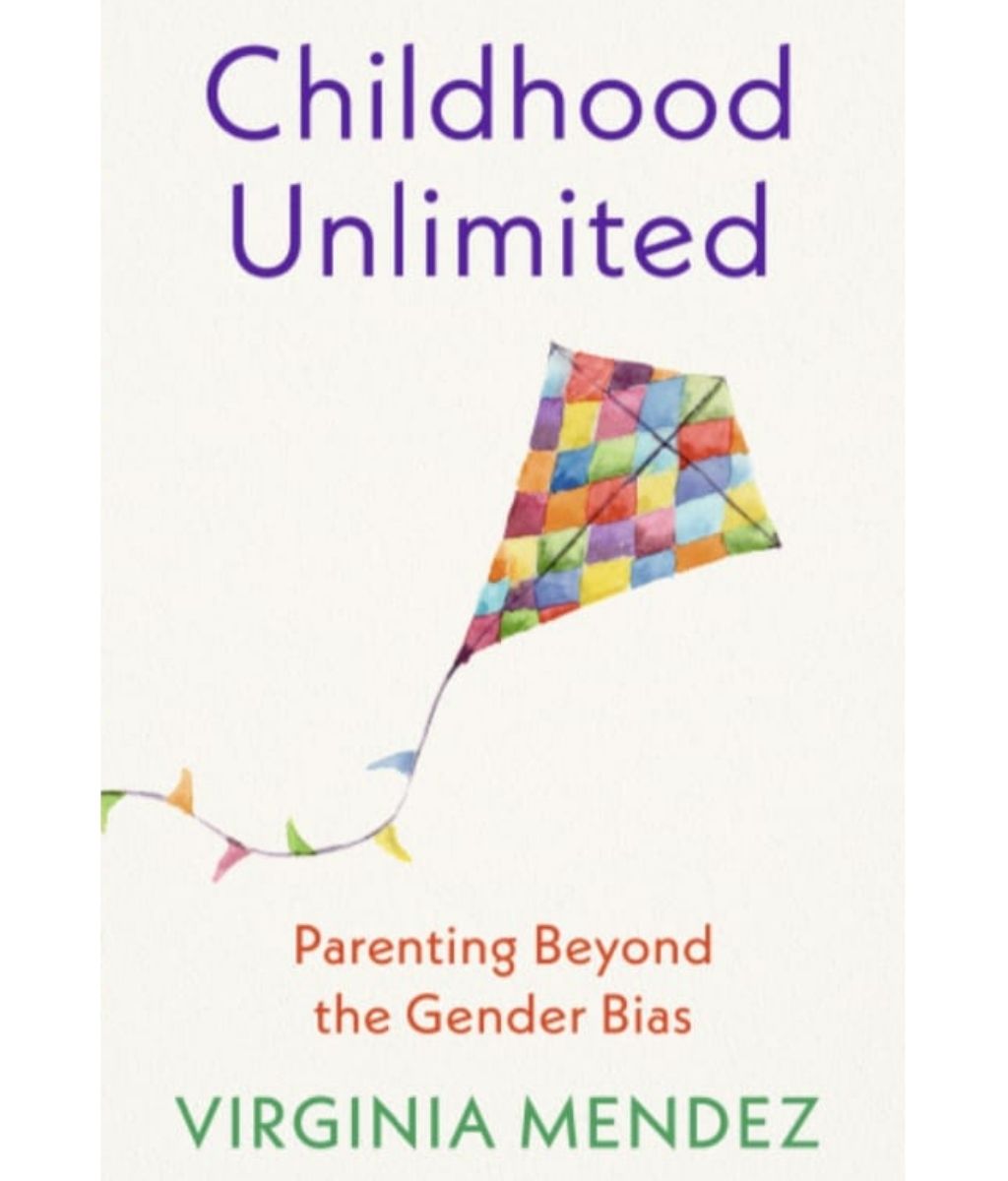




0 comments